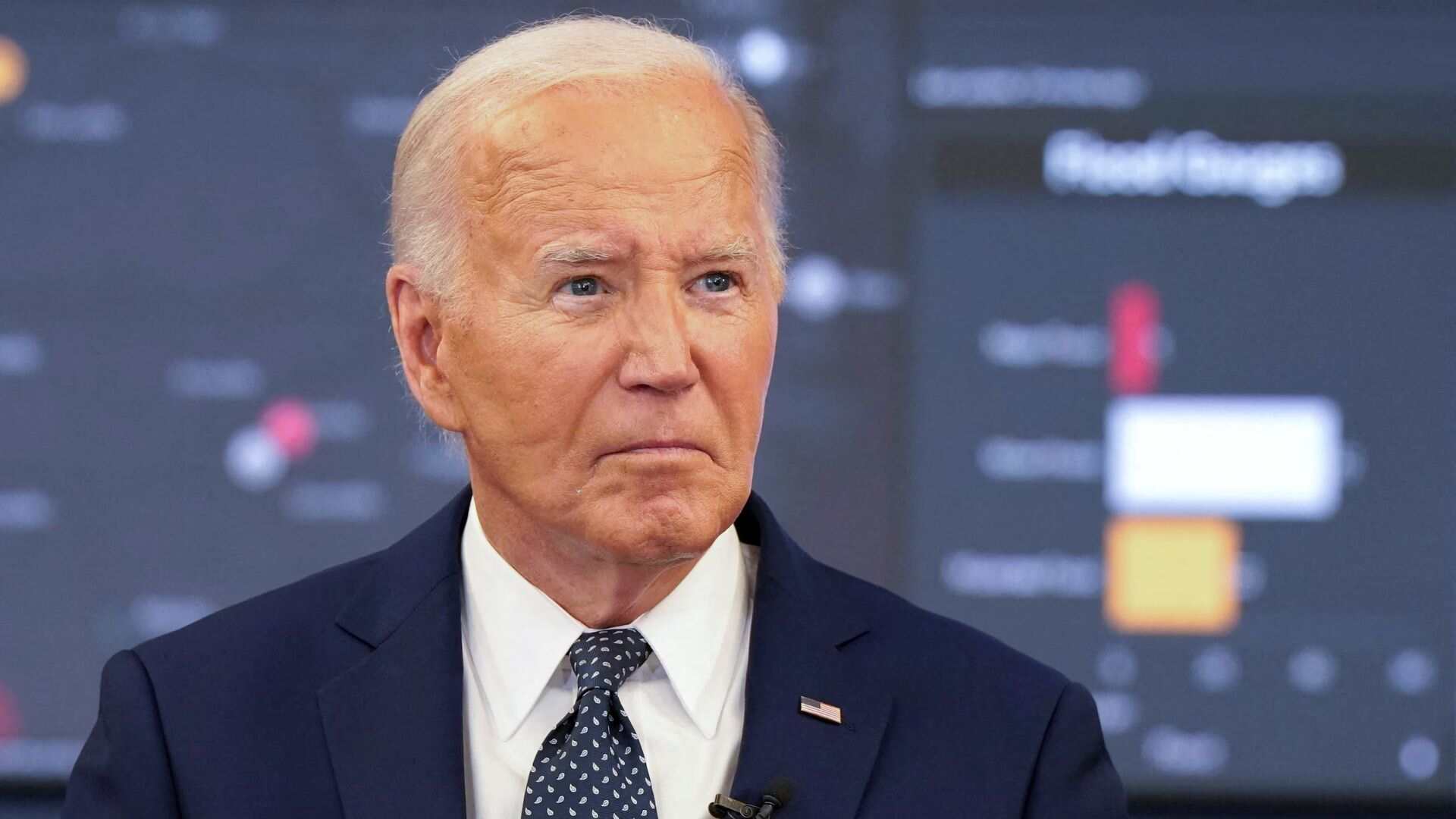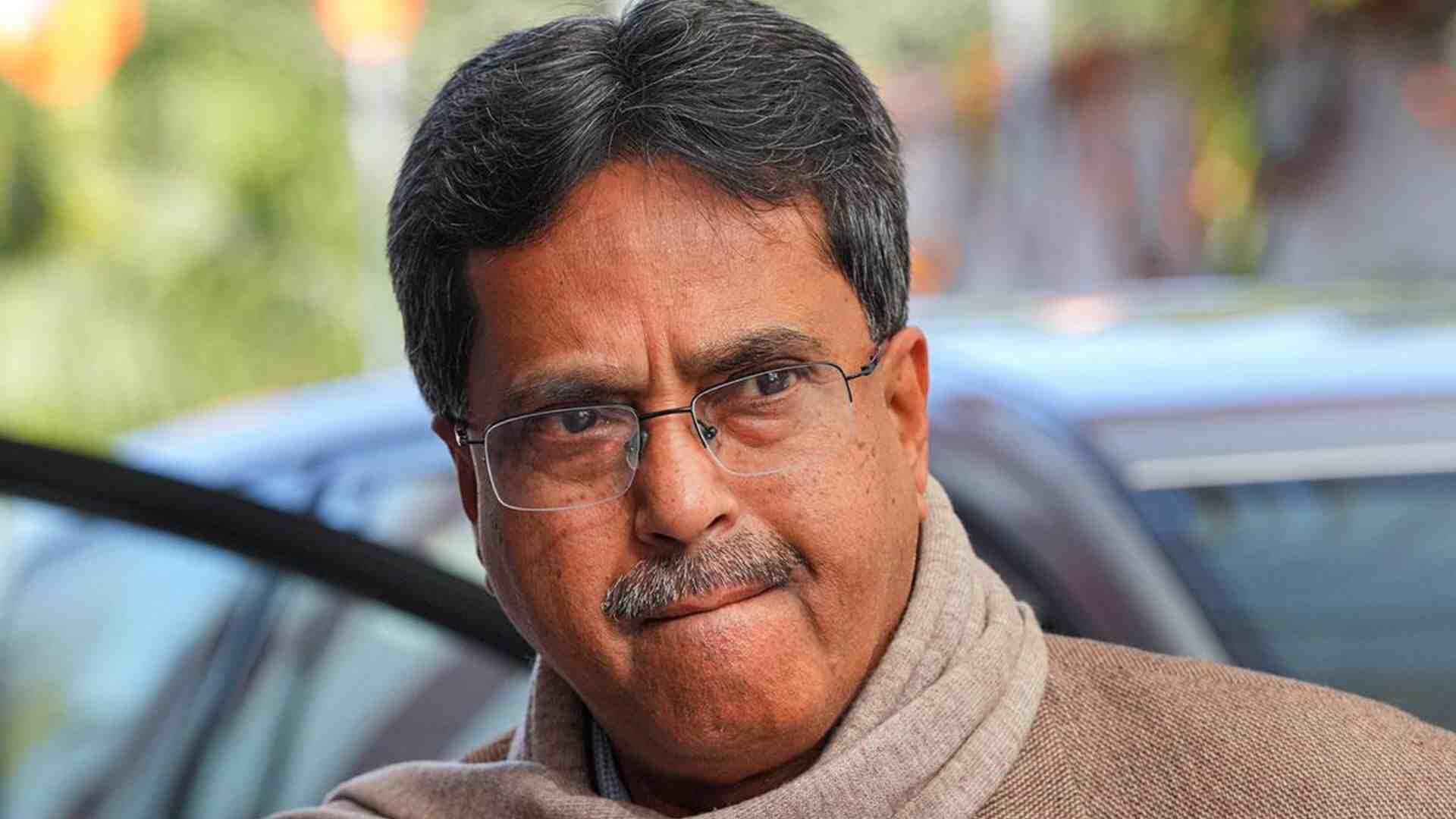Population anxieties have seeped into the lives of many Indians, with about 63 percent of those surveyed identifying various economic issues as their top concern in terms of change in population. However, the growing number should not trigger anxiety or create alarm, said the United Nations Population Fund (UNFPA) in its State of the World Population Report (SWOP) 2023. As part of SWOP 2023, a UNFPA-commissioned public survey conducted by YouGov asked a representative sample of 1,007 people in India about their views on population issues.
“Instead, they should be seen as a symbol of progress, development, and aspirations if individual rights and choices are being upheld,” it added. The annual report indicated that respondents in India held the opinion that the population in their country was “too large” and fertility rates “too high”. “There was no significant difference between the views of men and women in India on national fertility rates,” it said.
On identifying the population-related matters of greatest importance, 63 percent of Indians identified various economic issues as the top concerns when thinking about population change, followed by environmental, sexual, and reproductive health and rights concerns and human rights concerns.
In 2021, India emphasised its opposition to coercion in family planning and stated in several fora, including in Parliament, that it did not condone such policies, as they would prove to be “counter-productive.” Wojnar said women and girls should be at the centre of sexual and reproductive policies and programmes.
It strongly recommended governments institute policies with gender equality and rights at their heart, such as parental leave programmes, child tax credits, policies that promote gender equality in the workplace, and universal access to sexual and reproductive health and rights. These offer a proven formula that will reap economic dividends and lead to resilient societies able to thrive no matter how populations change, the report added.














